This is not really something to worry about in most cases. The warning comes from this function, here the most important part:
...
env_configured = False
n_cores = detect_number_of_cores()
if 'NUMEXPR_MAX_THREADS' in os.environ:
# The user has configured NumExpr in the expected way, so suppress logs.
env_configured = True
n_cores = MAX_THREADS
...
if 'NUMEXPR_NUM_THREADS' in os.environ:
requested_threads = int(os.environ['NUMEXPR_NUM_THREADS'])
elif 'OMP_NUM_THREADS' in os.environ:
requested_threads = int(os.environ['OMP_NUM_THREADS'])
else:
requested_threads = n_cores
if not env_configured:
log.info('NumExpr defaulting to %d threads.'%n_cores)
So if neither NUMEXPR_MAX_THREADS nor NUMEXPR_NUM_THREADS nor OMP_NUM_THREADS are set, NumExpr uses so many threads as there are cores (even if the documentation says "at most 8", yet this is not what I see in the code).
You might want to use another number of threads, e.g. while really huge matrices are calculated and one could profit from it or to use less threads, because there is no improvement. Set the environment variables either in the shell or prior to importing numexpr, e.g.
import os
os.environ['NUMEXPR_MAX_THREADS'] = '4'
os.environ['NUMEXPR_NUM_THREADS'] = '2'
import numexpr as ne
